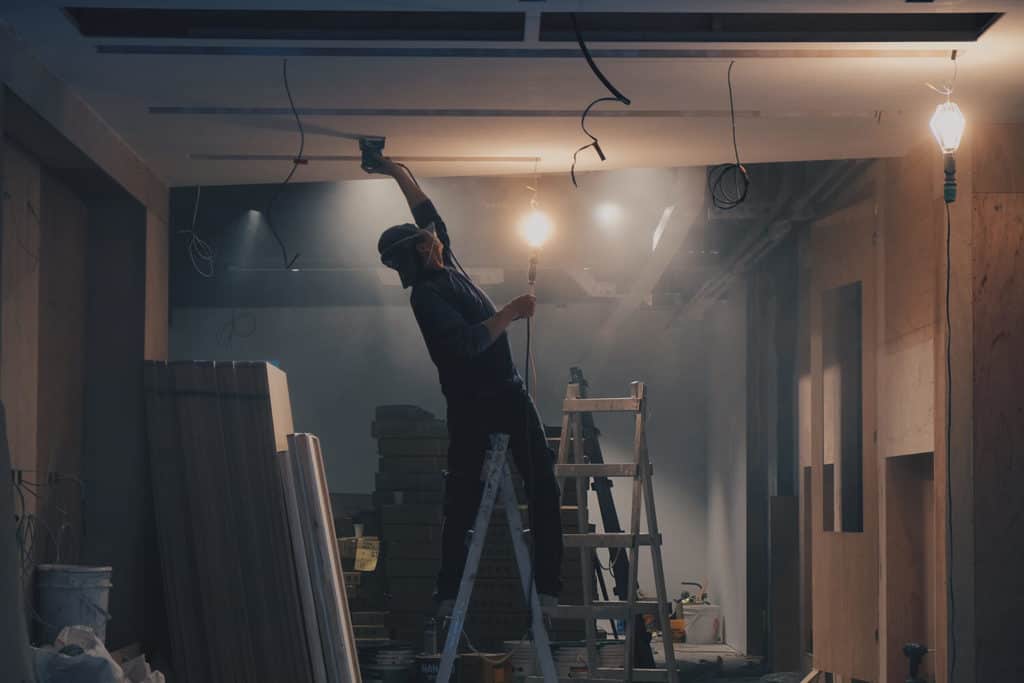
When it comes to residential and commercial painting, many people think that the projects involve the same steps. In reality, there are several differences. For one, commercial painting projects tend to be larger in scale, which means that more time and labour are required. In addition, commercial properties often have stricter requirements for colour schemes and finishes, as they need to meet the standards of clients and customers. There are many more differences, so let’s take a quick look. If you are looking for <a href=”https://www.marshels.co.uk/painters-and-decorators/commercial/”>commercial painters and decorators</a> then please see here.
<h2>1. Size of the project</h2>
Among the most visible differences between residential and commercial painting projects are the size of the building and the scope of the work. <a href=”https://www.lawinsider.com/dictionary/residential-structure”>Residential structures</a> are typically smaller than commercial ones, and they may have fewer stories. This can affect the amount of time that it takes to complete the project, as well as the number of workers who are needed.
Residential painting projects usually involve fewer colours and simpler designs than commercial ones. This again affects both the time required to finish the job and the number of painters who will finish the job. Moreover, residential painting projects are usually undertaken by a small team of painters, while commercial painting projects are more likely to be completed by a huge team of painters.
<h2>2. Size of the painting team</h2>
The size of the painting team can vary depending on the type of project. For residential painting projects, a small team of painters may be sufficient. This is because most residential properties are smaller in size and do not require as much time to complete.
Commercial painting, on the other hand, requires a larger team of painters. This is because commercial properties are usually larger in size, require extensive planning, and may have complex designs that require more time to complete. Commercial painting projects often have strict deadlines that must be met in order to avoid disruptive downtime for businesses. As a result, it is important to make sure that the painting team is able to meet the specific needs of the project.
<h2>3. Materials and equipment</h2>
There are some key differences between painting a home and a commercial building. Most notably, the materials and equipment required for each type of project can vary significantly. For example, while residential painters may only need a few cans of paint and a ladder, commercial painters may require larger quantities of paint, scaffolding, and other <a href=”https://www.lawinsider.com/dictionary/specialised-equipment”>specialised equipment</a>.
For a residential painting project, the painters will use things like drop cloths that protect surfaces from paint splatters. They will also use a ladder or step stool to reach high areas, and Painters Tape to create clean lines where colours meet. In terms of equipment, they will use good paintbrushes for a smooth finish. Many painters also use rollers, especially for larger areas.
In order to complete a commercial painting project, the team of painters will require different tools and equipment. For example, they will need scaffolding to reach high ceilings or areas that are otherwise difficult to access. They will use a variety of brushes, rollers, and other applicators to apply the paint evenly and smoothly.
The painters will also use thinners and other solvents to clean up after the job is done. Many painters also use tarps to protect the floors and other surfaces from paint splatters. With the proper tools and materials, any commercial painting project can be completed quickly and efficiently. Additionally, commercial projects often require the use of industrial-grade paints and primers, which can be more expensive than their residential counterparts.
As a result, it is important to consult with a professional painter before embarking on any type of painting project. With their extensive knowledge and experience, they will be able to recommend the best materials and equipment for the job, ensuring that your project is completed successfully and within budget.
